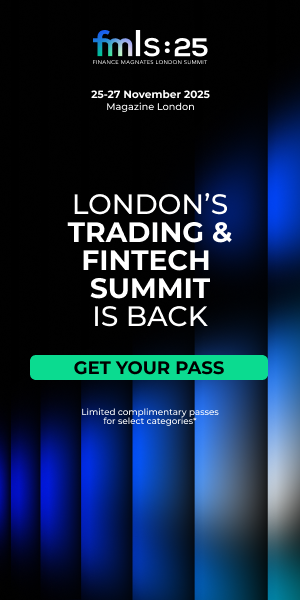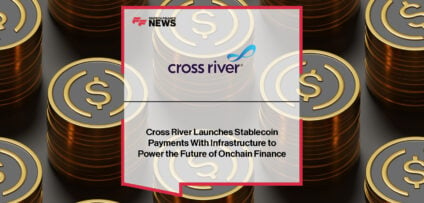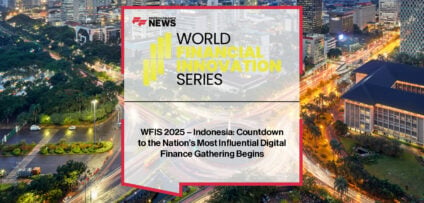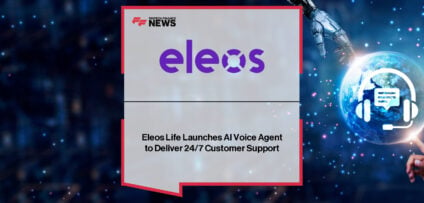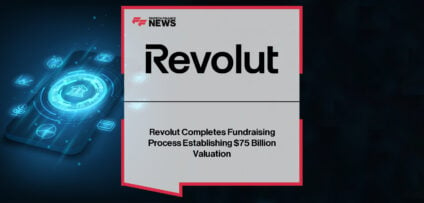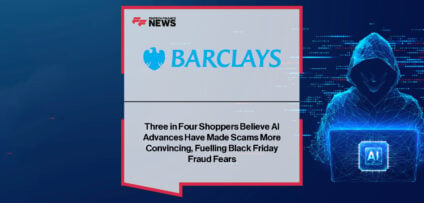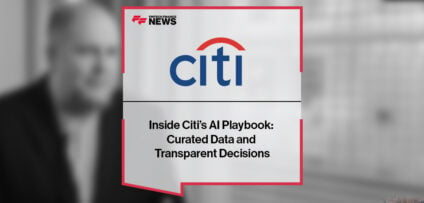Breaking News
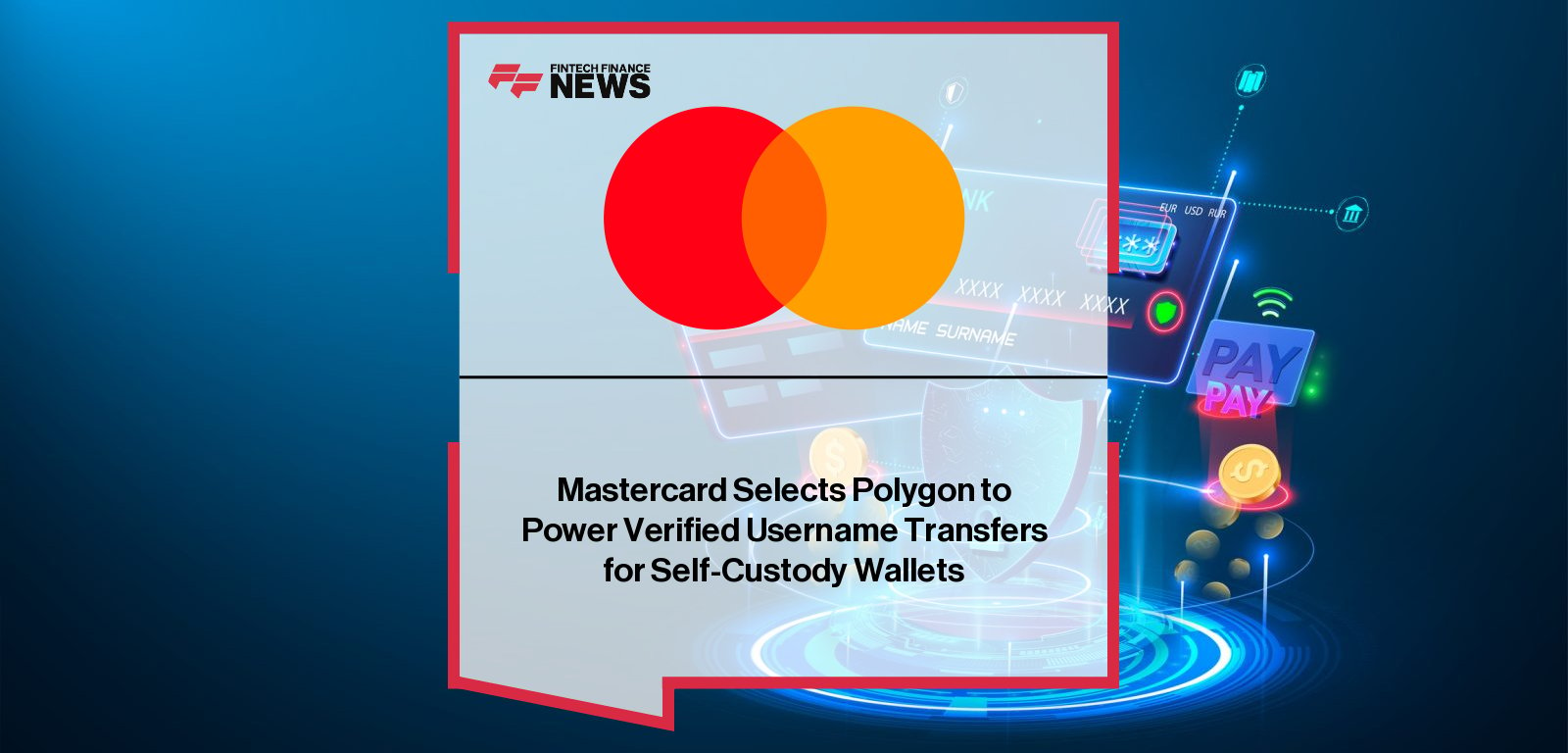
Mastercard Selects Polygon to Power Verified Username Transfers for Self-Custody Wallets
Mastercard, Polygon Labs, and Mercuryo today announced the expansion of Mastercard Crypto Credential to self-custody wallets, introducing verified, username-style aliases that replace long wallet addresses. Mastercard has selected Polygon as the first blockchain network to power this rollout, citing its speed, reliability, and payments-ready architecture. Mercuryo will serve as the initial issuer, onboarding verified users and enabling the creation of Mastercard Crypto Credential aliases.
The initiative brings a trusted verification layer directly into self-custody environments, offering consumers a familiar way to send and receive digital assets while retaining full control of their wallets. It marks a significant step toward making self-custody intuitive, secure, and ready for mainstream adoption.
Mastercard Crypto Credential standardizes how blockchain addresses are verified by enabling human-readable aliases that correspond to a verified individual. Mercuryo will perform identity verification and issue the aliases, which users can then link to their self-custody wallets. Users may also request a Mastercard Crypto Credential soulbound token on Polygon, signaling onchain that their wallet belongs to a verified user and supports credential-based transaction processing.
The result is a simplified, interoperable experience. Instead of copying and checking long hexadecimal strings, users can transact using a single, verified alias recognized across the Mastercard Crypto Credential network. This approach improves trust, reduces user error, and brings the familiarity of traditional payment flows into the self-custody landscape.
“This partnership marks the moment when self-custody becomes simple,” said Marc Boiron, Chief Executive Officer of Polygon Labs. “By powering Mastercard Crypto Credential on Polygon, we’re proving that blockchain networks can deliver the scale, speed, and reliability that mainstream financial services demand. The success of Web3 will come as blockchain becomes invisible—when the infrastructure simply works for billions of users.”
Mastercard chose Polygon to ensure the infrastructure underpinning Crypto Credential behaves like a global payments network. The Polygon Proof-of-Stake chain offers fast and predictable settlement, negligible transaction costs, and high throughput capable of supporting real-world payments at scale. Recent upgrades—including the Rio and Heimdall v2 releases—have enhanced network finality, eliminated reorg risk, and paved the way for significantly higher transaction capacity. Polygon already processes a substantial share of U.S.-based stablecoin transfers and supports a growing ecosystem of neobanks, fintechs, and payment providers.
“By streamlining wallet addresses and adding meaningful verification, Mastercard Crypto Credential is building trust in digital token transfers,” said Raj Dhamodharan, Executive Vice President of Blockchain & Digital Assets at Mastercard. “Bringing Mercuryo and Polygon’s capabilities together with our infrastructure makes digital assets more accessible and reinforces Mastercard’s commitment to delivering secure, intuitive, and scalable blockchain experiences for consumers worldwide.”
Mercuryo’s role in verifying users and issuing credentials provides the foundation for accessible, user-friendly wallet interactions. The partnership reflects a broader industry trend: verification and user experience improvements are enabling self-custody to evolve from a niche domain into a viable choice for mainstream consumers and enterprises alike.
“We are proud to be Mastercard’s first partner to launch Crypto Credential across their non-custodial wallet network,” said Petr Kozyakov, Co-Founder and CEO of Mercuryo. “This collaboration brings a simplified and streamlined way to send and receive digital assets while allowing users to maintain full sovereignty over their wallets. It is a meaningful step toward mass adoption.”
The expansion of Mastercard Crypto Credential to self-custody wallets underscores the growing convergence of payments, identity, and blockchain infrastructure. As global financial institutions continue to build onchain, the combination of trusted verification frameworks and scalable networks like Polygon is shaping the next generation of digital payments.
- GNOMI Launches the Only ‘Finance Mode’ with Real-Time Global Earnings Calls and Generative Market Intelligence Read more
- Cross River Launches Stablecoin Payments With Infrastructure to Power the Future of Onchain Finance Read more
- Tidalwave Raises $22M Series A, on Track to Reach 4% of U.S. Mortgage Market Read more
- Emerging Market Opportunities: The Next Billion Customers | Freemarket, Fincra and Axiym | FF Virtual Arena #358 Read more
- Inside Citi’s AI Playbook: Curated Data and Transparent Decisions Read more








